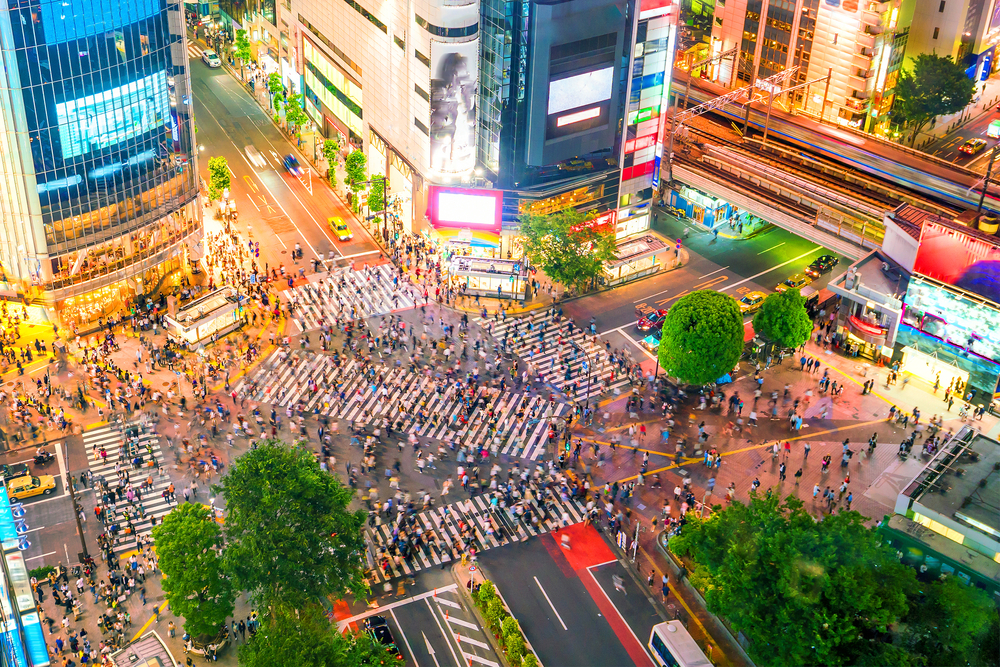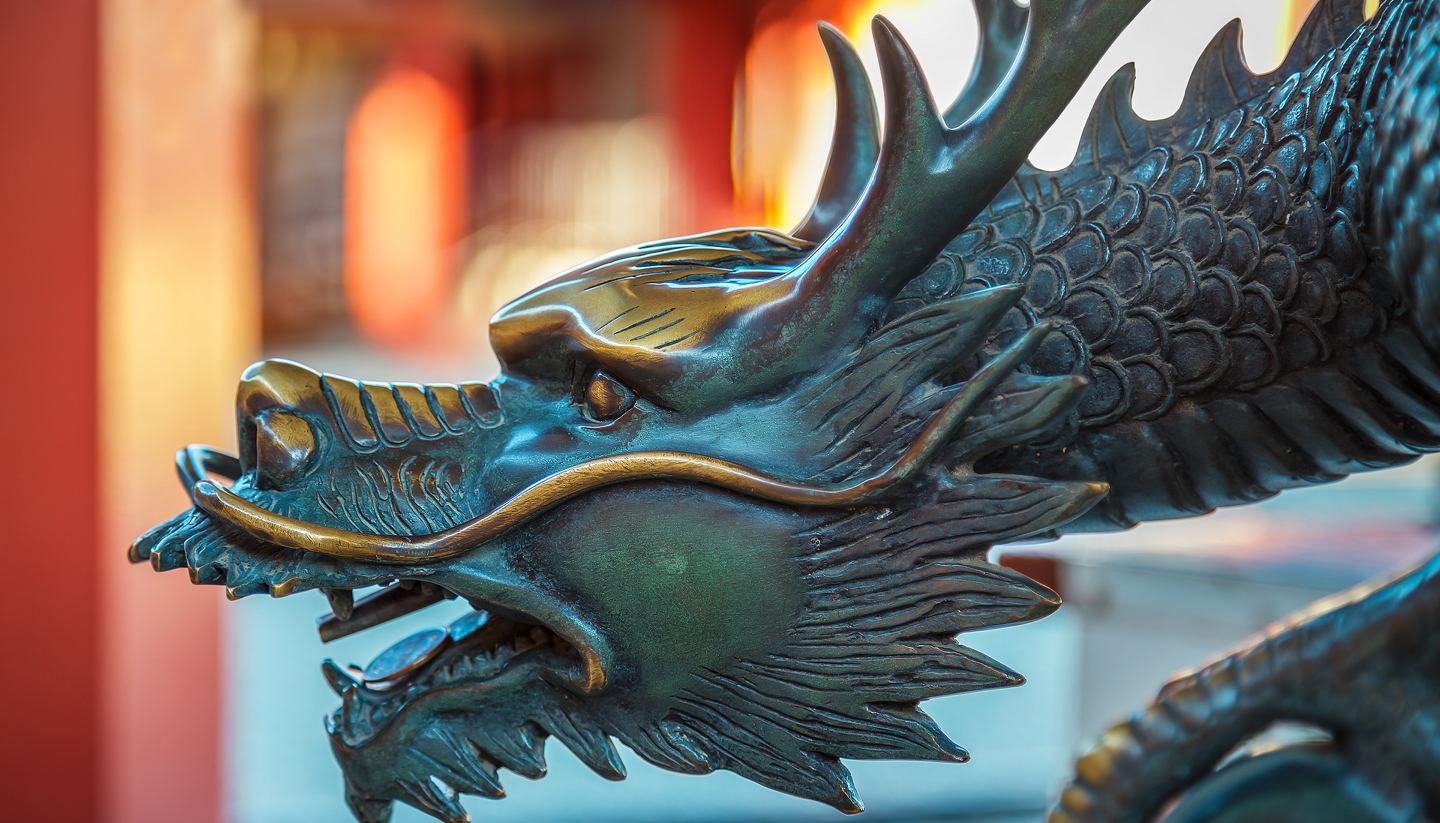Travel to Tokyo
Flying to Tokyo
Japan's national airline is Japan Airlines; other airlines include All Nippon Airways, Jetstar Japan and Peach Aviation.
The airports serving the city are Tokyo Narita International Airport and Tokyo Haneda Airport. Both airports provide quick bus or train access to the city centre.
Flight times
From London - 12 hours; New York - 14 hours; Los Angeles - 12 hours; Toronto - 13 hours 20 minutes; Sydney - 9 hours 30 minutes.
Travel by road
Driving in Japan is not as daunting as might be expected - drivers are generally disciplined and courteous and major signs are in both Japanese and English. Expressways are toll roads that link the main cities, although the tolls themselves are pricey.
Traffic in Tokyo drives on the left and the legal driving age is 18 years for a car and 16 years for a motorbike. The speed limit is usually 100kph (62mph) on expressways and 40kph (25mph) in built-up areas. An International Driving Permit and valid national licence are required, along with at least six months' driving experience and insurance. Driving after drinking any alcohol is illegal and penalties are severe.
The Japan Automobile Federation (JAF) (tel: +81 570 008 139; https://english.jaf.or.jp/) provides an English-language 'Rules of the Road' booklet. JAF Road Service offers 24-hour breakdown assistance for both members and non-members. In the case of an accident, you must inform the police by calling 110.
Emergency breakdown services
JAF (tel: #8139, in Japan only).
Routes
Shuto Expressway is a network of 24 routes connecting Tokyo and the surrounding areas.
Coaches
A number of companies offer a comprehensive network of long-distance bus services, although few have websites or telephone lines in English.
Comfortable overnight coaches with reclining seats serve destinations such as Kyoto, Osaka and the cities of northern Honshu. Coaches leave from terminals outside Shinjuku Station and Tokyo Station.
Willer Express (www.willerexpress.com/en) can help you organise tickets for highway and night buses.
Time to city
From Nagano - 3 hours 30 minutes; Sendai - 4 hours 30 minutes; Nagoya - 4 hours; Osaka - 6 hours 30 minutes.
Travel by Rail
Services
Tokyo is the railway hub in Japan, meaning you can get to Tokyo from just about every city on the islands of Honshu, Kyushu and Hokkaido by train.
Highspeed Shinkansen (bullet train) connects Tokyo with major cities like Kyoto and Osaka and all Shinkansen trains stop at Tokyo Station. You can also ride a Shinkansen train to Tokyo from Niigata on the Japan Sea, Nagano in the central Alps, as well as Fukuoka on the southern island of Kyushu.
There are also normal train services connecting Tokyo with many cities and towns across Japan. Normal trains usually stop at Shibuya or Shinjuku.
Valid for seven, 14 or 21 days, the Japan Railways Pass (www.japanrailpass.net) offers travellers unlimited access to national trains and most of the shinkansen lines.
Operators
A consortium of six companies, Japan Railways (JR) operates most services (including Shinkansen) to and from Tokyo. For more information, see this JR page on the official Japan tourism site.
Journey times
From Hiroshima - 4 to 5 hours; Kyoto - 2 hours 15 minutes; Nagano - 1 to 2 hours; Fukuoka - 5 hours.



